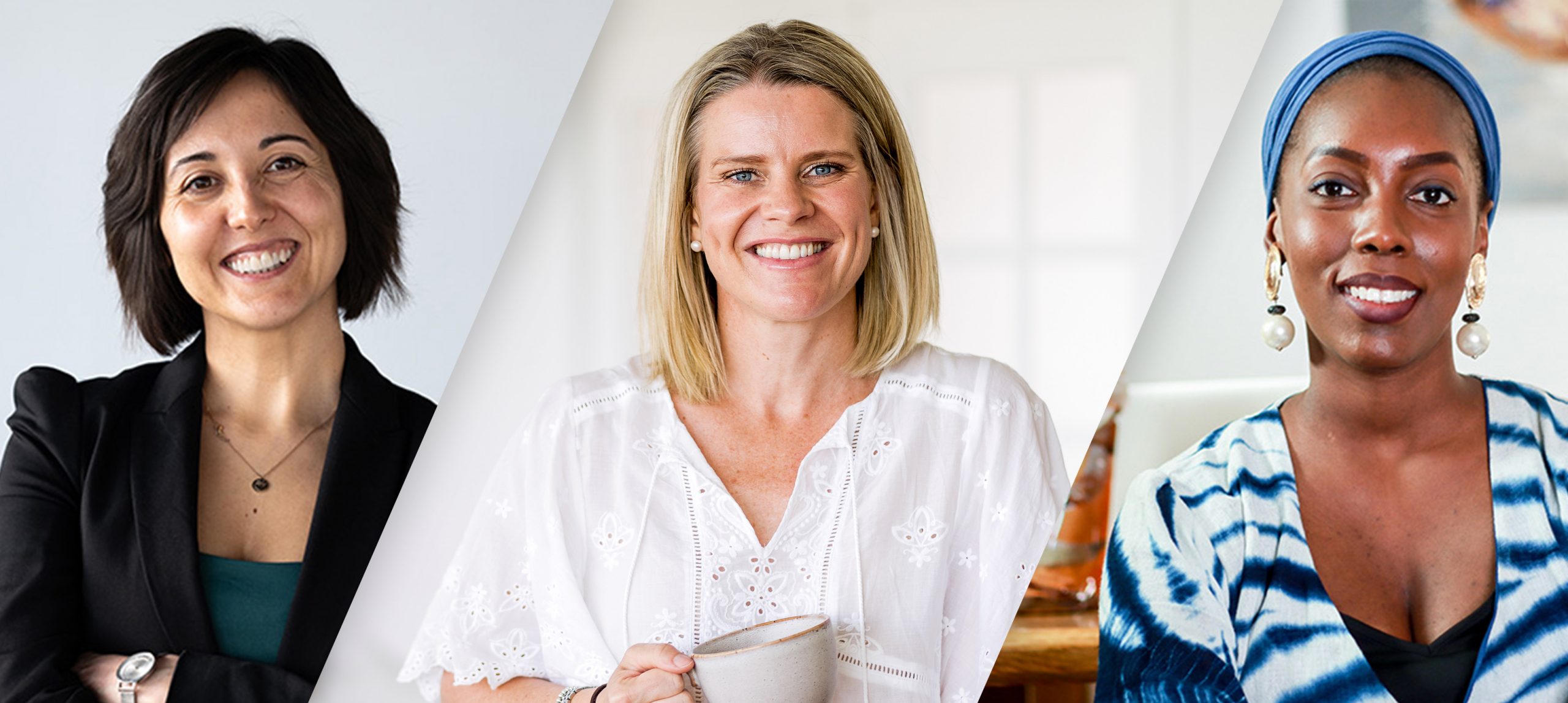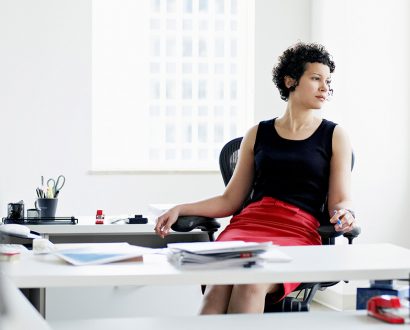From working to eliminate poverty to reducing the impact of global warming, these women-run and women-owned businesses from around the world are driving change – and it’s being celebrated by Cartier.
A global pandemic isn’t stopping the Cartier Women’s Initiative, with 24 fellows chosen for 2021.
Representing 142 countries, 876 women applied for the 2021 edition – all aspiring to share their disruptive solutions to critical problems globally.
For the past 14 years, the annual international entrepreneurship program has awarded US$4.64 million in prize money to female entrepreneurs with trailblazing yet globally transformative startups.
“Women have always had a pivotal role at Cartier, both as a driving force and an endless source of inspiration,” says Cyrille Vigneron, President and CEO of Cartier International. “In these challenging times, they are more admirable than ever, proving their resilience in the face of adversity and their ability to create concrete and durable solutions not only for themselves but for their communities and the world at large.
“It is an honour and pride to support these women who keep pushing the boundaries in order to make the world a better and more equal place.”
The lauded program aims to empower women impact entrepreneurs who align with the United Nations Sustainable Development Goals.
The laureates will be announced on 26 May during a digital ceremony, where US$1.28 million will be allocated to the inspiring women. Eight laureates will be awarded US$100,000 while the remaining 16 will receive US$30,000.
Out of the 24 fellows, The CEO Magazine takes a look at five of the pioneering women’s journeys.
The Cartier impact entrepreneurs making a difference
Eliminating plastic
By 2050, it’s estimated there will be more plastic than fish in the ocean.
But not if Mimi Wu, Co-Founder and CEO of Myanmar Recycles, has something to do with it.
The company collects hard-to-recycle, single-use plastic bags known as film and recycles them by melting down the plastic and cutting it into seeds. This is then packaged and sold to manufacturers to make new plastic products, promoting a closed-loop economy for plastics.
“In Myanmar, almost 80 million plastic bags are thrown away every day – and they’re primarily being burned and dumped in open landfills and in waterways,” she says. “We have collected more than 1,770 tonnes of plastic and we’ve recycled more than 800 tonnes of plastic.
“What’s really important is that we are showing it’s possible.”
Lifting Africa out of poverty
Transforming food that would have otherwise been discarded by local famers into African manufactured products, Seynabou Dieng has been tackling the food crisis in Mali, West Africa, while also helping women in the kitchen.
The savvy entrepreneur established her food processing company Maya in 2017 after noticing a gap in the market.
While 75 per cent of the country’s 20 million people are dependent on agriculture, agriculture only generates 38 per cent of the nation’s gross domestic product, forcing the need for imported foods.
Maya not only tackles poverty but also helps improve industry, innovation and infrastructure while showcasing the importance of responsible consumption and production of fresh food products.
“We have been able to train 250 farmers as part of our model, but since they train other people in their association, we have reached 2,000–3,000 farmers,” Seynabou says.
“This is how Africa can be lifted out of poverty. And I feel good that when my son goes to school, he can have food manufactured in Africa.”
Educating families
Midwife Edwina Sharrock saw a growing number of families feeling anxious and stressed about their newborns due to a lack of education.
Helping to inform expectant parents, Edwina launched Birth Beat, an online, evidence-based childbirth education tool.
Improving outcomes for mothers and families around the world, the prenatal education platform helps empower women for childbirth and early parenting.
“Birth isn’t about doing something the right or the wrong way,” she says. “It’s about what’s right for the woman.
“I’m not about telling mothers how to give birth. I’m actually about saying, ‘How can we improve your birth experience through preparing and supporting you and informing you to make your own decisions.’”
Lighting the way in Iraq
Driven by a passion for green building, Basima Abdulrahman created Kesk, the first company in Iraq that has been established to adopt green buildings, services and solutions.
Due to the country’s unstable power grid, the Iraqi government can provide only 12 hours of electricity every day.
And with summer temperatures reaching 48°C, the country experiences a high demand for energy. Though its climate also makes it an idyllic location for solar energy.
“Sixty per cent of the Iraqi household consumption goes to air-conditioning units,” Basima says.
The Kesk Founder and CEO explains that they’ve saved 12,000 kilograms of CO2 from being emitted into the atmosphere and trained 1,800 people to provide services.
Creating a diverse world
Through the use of artificial intelligence, Jenifer Clausell-Tormos founded Develop Diverse, a software company that aims to create a more inclusive workspace simply through language.
“Language shapes cultures as much as a culture shapes language,” she says.
The technology ensures inclusive language is used in job advertisements to make sure people aren’t discouraged to apply, all the while helping leaders understand their own unconscious biases.
The Denmark-based company has seen an increase of 50 per cent more women hired as leaders by businesses using the platform.
“We have developed a software that checks for non-inclusive language and proposes inclusive alternatives,” Jenifer says. “When we look beyond gender and ethnicity, diverse teams are more innovative, they are highly productive.”







